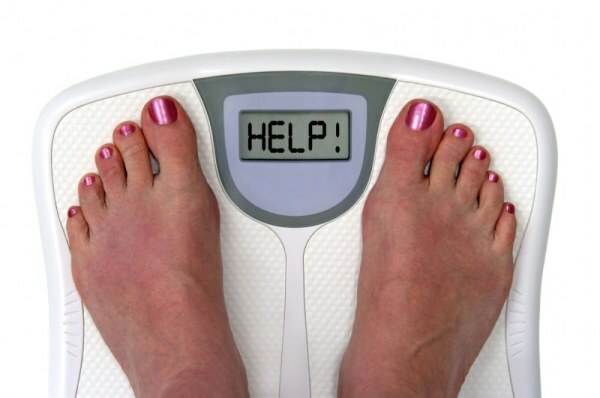The "plateau" during diet is a very frequently encountered excuse designed simply to hide the incompetence of those who speak about it. There should be no "plateau" at all—this is a completely abnormal condition that results from unreasonable actions of a trainer and/or nutritionist. In this short article, we'll talk in detail about the causes of this condition's development and how to fight it.
A "plateau" can develop due to two main causes:
- Excessive training loads, which at a certain point in time simply led to overtraining;
- Insufficient caloric intake and one-sidedness of the diet, which forced the body to engage compensatory systems.
The first cause is checked fairly easily—you need to take a cortisol test (stress hormone), which will show whether there's a state of overtraining. And if there is, then depending on the cortisol level, 1-2 weeks of complete rest from all loads will be needed with subsequent retesting. Rest until the indicator normalizes. Frequent hints of overtraining include apathy, lack of motivation and energy to exercise, difficulty falling asleep, superficial sleep and its short duration, as well as possible irritability and appetite disturbance (in both directions).
The second cause is less obvious in terms of detection, but at the same time, if cortisol is in order, then it definitely takes place. Often trainers and nutritionists are completely clueless not only in composing nutrition nutrients (for complete balance of vitamins, minerals, and PFC ratio for the client's given goal), but aren't even capable of adequately selecting caloric intake. Because of this, cases are constantly seen of writing diets in which caloric intake is underestimated 2-3 times from the body's real need, even taking weight loss into account. Believe me, if you're eating 1500 kcal or less, regardless of whether you're a man or woman, then most likely your "nutritionist" simply has no idea what they're doing. Such stressful, frankly starvation diets can initially give impressive results, but over time inevitably lead to slowing metabolism and complete stoppage of the fat-burning process. This means that the body's compensatory mechanisms have kicked in, which are designed to prevent it (the body) from dying from too meager nutrition—this is that very plateau.
The myth of "breaking through the plateau" is connected to the breakdown of compensatory systems, when the body's reserves are depleted so much that the body can no longer restrain the hunger factor and begins due to severe deficiency to still break down fats, and not only. But it does this at the cost of undermining health, well-being, and further reducing metabolism to postpone supposed death. The problem with such unreasonable diets is that after returning to normal nutrition, you can start getting fat literally from a cabbage leaf, which many lovers of kefir, cucumber, any other mono-diets and simply fans of three-year-old children's KBJU encounter, while actively exercising in the gym and also studying/working. This is because the body after actual "starvation" frantically tries to store fat to the maximum of its capabilities, so that during the next "incredibly effective diet" it simply doesn't kick the bucket.
Try to select a deficit at the level of 100-200 kcal, gradually reducing it according to body weight changes, while not losing the feeling of energy, good sleep and mood. Of course, independent selection of the needed caloric intake can take weeks, if not months of experiments (real results are clear after about a week), but ultimately you do this once and for your beloved self, after which stability and results will constantly delight you.
Have questions or just want to discuss the article material?
Write to me anytime and I'll definitely try to help you!
For all types of communication:
